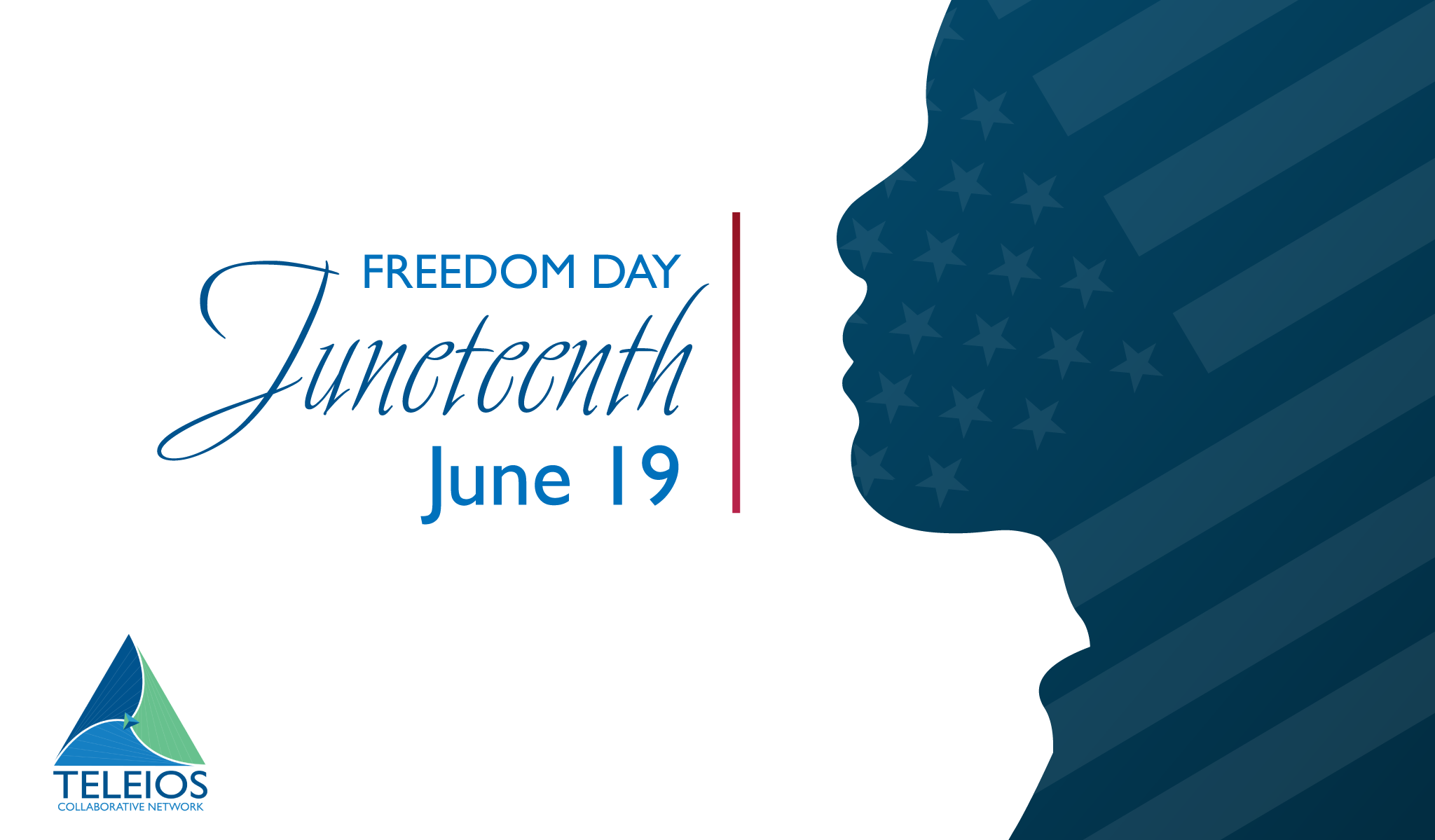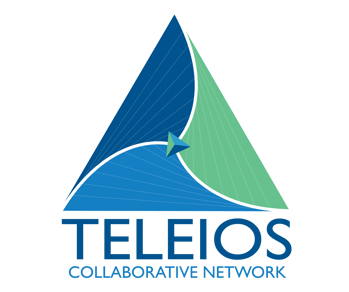
Juneteenth may be a relatively recent federal holiday, but its observance goes back much further. The holiday is also called Juneteenth Independence Day, Freedom Day, or Emancipation Day. It commemorates the day in 1865 when word of the end of the Civil War, and an end to slavery, finally reached the last enslaved African Americans in Galveston, Texas. This occurred a full two and a half years after President Abraham Lincoln’s Emancipation Proclamation, which had become official on January 1, 1863.
According to Juneteenth.com, General Granger read to the people of Texas, General Order Number 3 which began:
“The people of Texas are informed that in accordance with a Proclamation from the Executive of the United States, all slaves are free. This involves an absolute equality of rights and rights of property between former masters and slaves and the connection heretofore existing between them becomes that between employer and hired laborer.”
There have been celebrations of Juneteenth every June 19th since, but these have not extended beyond the African American communities until recently. The reality is that the absolute equality of rights proclaimed by General Granger to the people who were enslaved in 1865 has not yet fully come to fruition in 2022. While we have made great strides as a nation toward civil rights, we seem to just be fully recognizing, as a society, the continued racism that people of color still face on a daily basis. The fact that there is clear research demonstrating embedded discrimination in our criminal justice, employment, housing, health care, and educational systems means it can no longer be denied and must be addressed – by all of us.
As an organization committed to ensuring the best possible care to every person facing serious illness, Teleios recognizes that this goal simply cannot be reached without focusing on both health equality and health equity. Health equality entails giving everyone the same opportunities, care, and services in order to stop the unfair and avoidable differences in health status. Health equity focuses on ending the institutional and discriminatory barriers that lead to health inequality.
One important form of addressing health equity is to provide patient-centered care that includes social determinants of health (SDoH). The Center for Disease Control (CDC) defines SDoH as “the conditions in the places where people live, learn, work, and play that affect a wide range of health risks and outcomes.” The World Health Organization adds to the definition that these circumstances “are shaped by the distribution of money, power, and resources at global, national, and local levels.”
These social determinants of health are categorized into 5 key areas:
- Healthcare Access and Quality
- Education Access and Quality
- Social and Community Context
- Economic Stability
- Neighborhood and Built Environment
Numerous studies indicate that SDoH can account for up to 80% of health outcomes – meaning that those negatively impacted by these social determinants have worse health even if the medical care provided were to be equal. Given this reality, Teleios will be increasing the availability of a virtual palliative care management service. This will be provided by expertly trained nurses and social workers who will provide complex care guidance, RN triage, and assessment and intervention to address SDoH. For example, if someone with diabetes and kidney failure lives in an area with no grocery stores and their most affordable food options are pre-packaged foods then the best medical care will still be inadequate. If someone has prescription insurance but no transportation to get to the pharmacy, the medications prescribed will not matter. These are the barriers to optimal health that these nurses and social workers will address, in partnership with their medical providers. The result will be the best care for everyone, according to their goals and priorities, regardless of circumstances This is care the way it should be.
It can be uncomfortable to talk about the fact that systems that we participate in (like our healthcare system) have historical roots that perpetuate racial discrimination. It’s more uncomfortable for those negatively impacted by this discrimination every day. We must all have the courage to stay in that discomfort and let it motivate us to be part of needed changes in our society. What better way to celebrate Juneteenth than to learn how each of us can work toward equality for all of our citizens.

WANT TO IMPROVE YOUR LEADERSHIP SKILLS?
ATTEND OUR LEADERSHIP IMMERSION
LEARN MORE
We invite you to listen
to our TCNtalks Podcast

An organizational model that allows not-for-profit hospices (Members) to leverage best practices, achieve economies of scale and collaborate in ways that better prepare each agency to participate in emerging alternative payment models and advance their charitable missions.
Related Posts
FYI/FR/FD/FA: The Email Rules of the Road
Are You Prepared to Weather the Storm?
Charles Kettering said, “Every time you tear a leaf off a calendar, you present a new place for...
Tackling the Information Blocking Rule! Enhancing Patient & Provider Access to EHI
Consider this – On April 6, you get a medical records request from a patient who asks for their...


